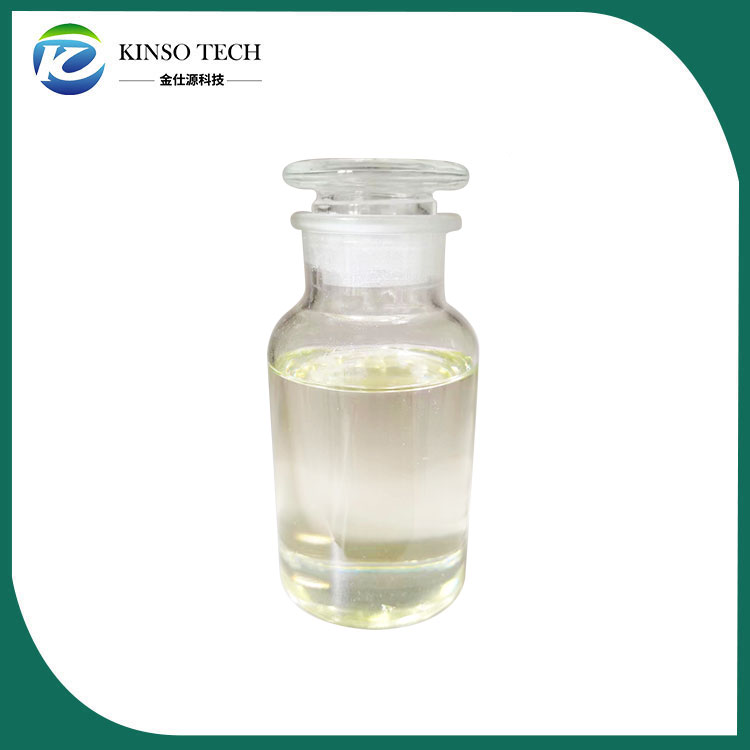N-Methylcaprolactam (CAS 2556-73-2): A Versatile Intermediate in Chemical Synthesis
2025-05-06
N-Methylcaprolactam, also known by its CAS number 2556-73-2, is a specialized chemical compound that plays a significant role in organic synthesis and polymer chemistry. This compound is a derivative of ε-caprolactam, best known as the monomer used in the production of Nylon-6, but with a methyl group attached to the nitrogen atom, giving it unique properties and applications.

Basic Information
Chemical Name: N-Methylcaprolactam
CAS Number: 2556-73-2
Molecular Formula: C7H13NO
Molecular Weight: 127.18 g/mol
Appearance: Typically a clear to pale yellow liquid or crystalline solid
Solubility: Miscible with many organic solvents
Structure and Characteristics
N-Methylcaprolactam features a seven-membered lactam ring with a methyl-substituted nitrogen, which alters its reactivity compared to unsubstituted caprolactam. This structural variation affects its hydrogen bonding ability, reactivity with acids and bases, and compatibility in polymerization processes.
Key Applications
1. Intermediate in Organic Synthesis
N-Methylcaprolactam serves as a valuable intermediate in the synthesis of pharmaceuticals, agrochemicals, and specialty chemicals. Its lactam structure is often used in ring-opening reactions to create more complex molecules.
2. Polymer and Resin Manufacturing
Due to its ring structure, N-Methylcaprolactam is used in the development of functional polymers and copolymers, particularly in specialty nylons or polyamides where improved thermal or mechanical properties are desired.
3. Solvent and Additive Applications
It may be used in small quantities as a solvent, plasticizer, or dispersant due to its polar nature and solubility characteristics.
4. Research and Development
In academic and industrial R\&D, this compound is utilized in studies involving ring-opening polymerization, amide synthesis, and N-substituted heterocycles.
Advantages
Enhanced reactivity compared to caprolactam in specific synthesis routes
Versatile functional group compatibility
Good solubility in organic media
Stable under standard storage and handling conditions
Handling and Safety
Hazard Identification: May cause irritation to skin, eyes, or respiratory system with prolonged exposure
Storage: Store in a cool, dry, and well-ventilated area away from moisture and incompatible substances
Personal Protection: Use gloves, goggles, and appropriate protective clothing when handling
Always consult the Material Safety Data Sheet (MSDS) for detailed handling procedures and emergency measures.
Conclusion
N-Methylcaprolactam (CAS 2556-73-2) is a specialized chemical that offers unique opportunities in synthetic chemistry and materials science. Its utility as a reactive intermediate, coupled with good solubility and stability, makes it a valuable component in various industrial and research applications. As demands for more tailored chemical building blocks grow, compounds like N-Methylcaprolactam will continue to be important in developing high-performance materials and innovative molecules.


